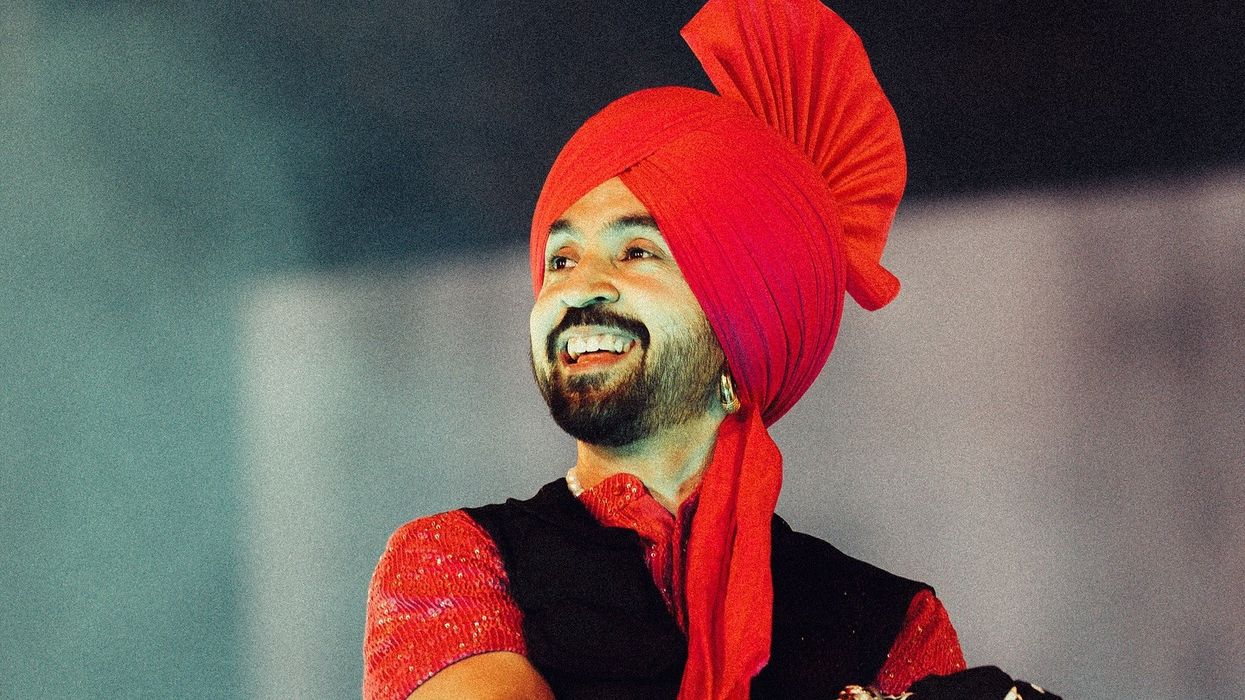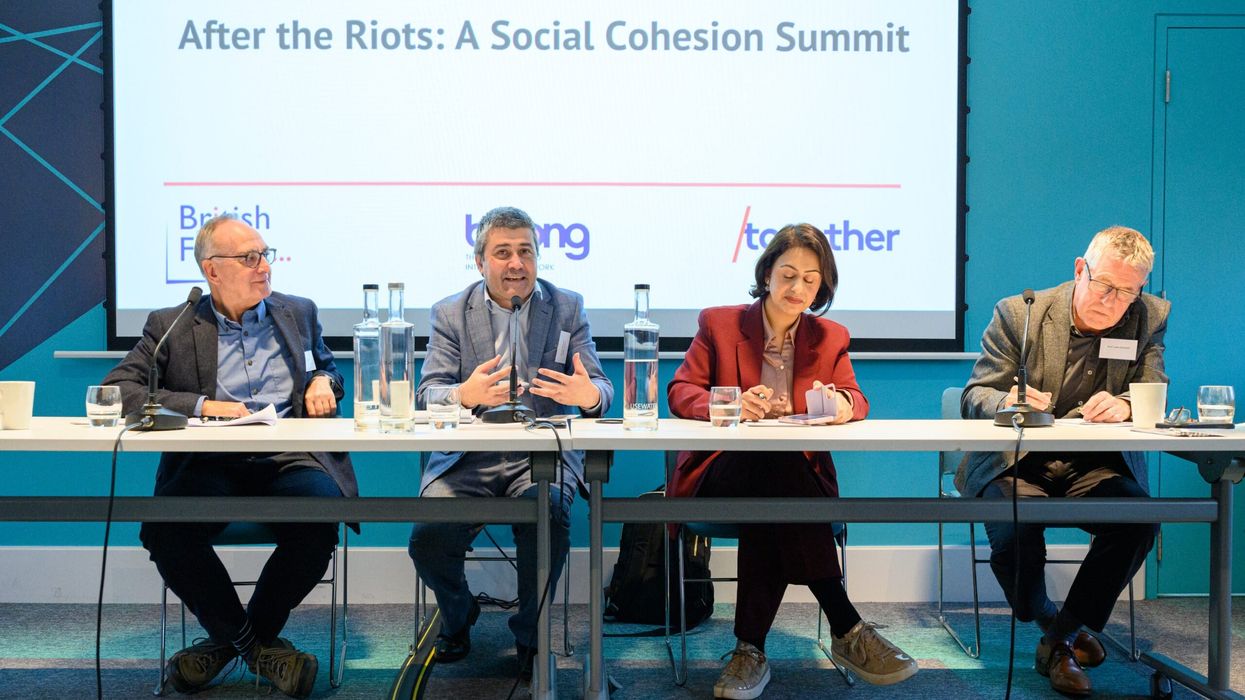By Atif Choudhury with Raphaele Von Koettlitz
IT’S no secret that we all benefit from diversity, both in business and beyond, in terms of increased innovation, productivity, wellbeing and even profitability.
For many people, it simply represents a sense of belonging. Yet when you consider we have a disability employment and pay gap that costs our nation £52 billion a year, it’s clear we still have some way to go to achieve “belonging” for everyone.
There are deep-seated inequalities running across many powerlines – gender, race, class, sexuality, (dis)ability and so on. This exclusion is felt socially, economically and emotionally and it’s all of our responsibilities to fix it. Building an inclusive, anti-racist and unconditionally kind society is going to take all of us.
The Black Lives Matter movement and gender pay gap scandal are just two examples of people saying they have had enough. And what’s important to recognise in all of this is that the two aren’t mutually exclusive. A poor, black, disabled woman is unlikely to say it’s ok to fix racism, but to forget about misogyny and ableism. People’s identities, experiences and histories are interwoven and we need to be thinking about all these different layers in order to create the shifts that really matter.
This is the same for understanding mental health and psychological safety in the workplace. Mental health concerns are not going to be the same for white, brown and black folks. This is why I believe sincere inclusion can only move at the speed of trust. Black and minority ethnic communities, facing a legacy of oppression and discrimination, won’t feel the same level of safety to disclose a hidden difference as a white colleague might. They have every reason to be wary. The work to ensure diversity and inclusion are authentically woven into the fabric of our society is tangled up in issues around trust, which has to be earned.
In this sense, we need to rethink our understanding of mental health, moving away from medical disabilities and deficits. Instead, we need to be talking more in terms of disablement and impact; the attitudinal barriers and socio-economic blocks we face in accessing resources and advocating for ourselves, or simply being ourselves.
To share my own story, growing up on a council estate in Thamesmead as a young Bangladeshi with dyslexia, I often spent my time at school navigating racism and the fact that I seemed to think differently from my peers.
I had to leave school when I was 16 to go and work in order to help support my family. I started working in a bank and while I was great with customers, my anxiety of dealing with numbers made work a daily stress.
I bring this up as neurodiversity – at the time – was not on my radar, nor on my family’s or community’s. It’s often still the case, but particularly at that time, dyslexia was rarely picked up in working class or migrant BAME communities, and it certainly wasn’t recognised as an innovative or creative force.
I’m in a position now where I have set up the organisation I desperately needed when I was younger. Diversity and Ability (D&A) is an award-winning, disabled-led social enterprise that has supported more than 70,000 disabled and neurodivergent people in education, the workplace and through social justice projects. In our team, 85 per cent identify as disabled or neurodiverse, and it’s this diversity that makes us so good at what we do. The team shares important life experiences with the people we support and there’s safety in this.
Representation can be about shared understanding and experience, but it also shows us what is possible – the opportunities and doors open to us. To guarantee equal participation and even the psychological safety of individuals from marginalised communities, role models and representation are vital. We achieve diverse representation only when we actively seek to include people from varied backgrounds, with different talents and identities, giving everyone a seat at the table. This is a challenge faced by all industries and sectors of society.
Making shifts towards greater inclusion means listening to the voices of those with authentic lived experiences. Often the most powerful changes are brought about through grassroots movements powered by those most affected because they really need the change they seek. We need people to rock the boat – doing so is what is needed to discover new shores. But without embedded equity and emotional security, this is profoundly tough work. And it’s work that will rarely be supported in an agenda founded in reactive HR speak.
Hence, just as our parents and grandparents did before us when settling in the UK, we as a society, evolve through the courage of shared experiences and mutinies led by those wanting better inclusion for their children. How else could this ever have been made possible without the power of diversity?
Hearing from the voices which are so often hidden or spoken over is the only way to understand the barriers to participation. If we acknowledge that our understanding of mental health outreach is steeped in bias of class, race, gender, and ability, we can start to unpack how we might foster a true sense of belonging for everyone.
We need to be anticipatory in welcoming the diversity of thought, to make sure all children, regardless of culture and colour, can access the support they need to soar. Trusting the assets of learning differences and unique lived experiences can change the world – perhaps it’s the only thing that ever does.
Atif Choudhury is the CEO and co-founder of Diversity and Ability (www.diversityandability.com) and co-founder of Zaytoun (www.zaytoun.org/). Raphaele Von Koettlitz works on D&A’s communications and project manages inclusion projects for clients spanning across the higher education, workplace and the charity sectors.


















‘Collective effort needed to build an inclusive society’